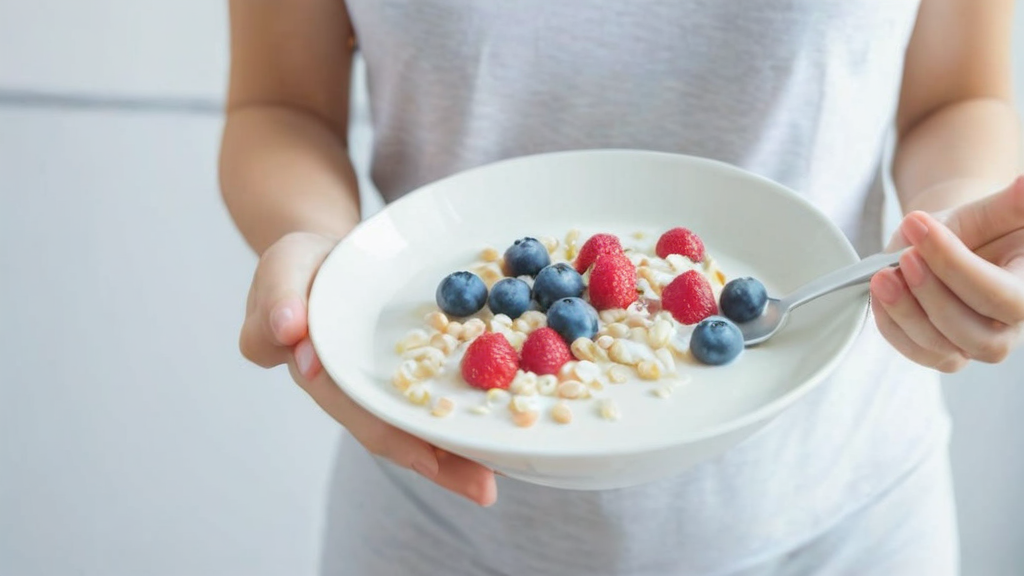What is gluten and why should some people avoid it?
Gluten, a group of proteins present in grains such as wheat, rye and barley, is essential for the elasticity and moisture of foods. However, for those who suffer from celiac disease or gluten sensitivity, avoiding it is crucial to prevent adverse health effects.
Gluten-free whole grains
While some whole grains contain gluten, such as wheat and rye, there are naturally gluten-free options that we should include in our diet. These include quinoa, brown rice, wild rice and millet. It is important to read labels carefully, even on gluten-free cereals, to avoid cross-contamination during processing.
Fresh fruits and vegetables
Fresh fruits and vegetables are naturally gluten-free. However, we must check the processed versions, as some additives may contain gluten. Citrus fruits, bananas, apples, berries, and cruciferous vegetables are great options for a gluten-free diet.
Gluten-free proteins
Legumes, nuts, seeds, red meat, poultry, seafood and soy-based foods are gluten-free proteins. However, we should check processed meats and meat substitutes, as some contain gluten.
Dairy products
Most dairy products are gluten-free, but we need to check for additives. Milk, butter, cheese and yogurt are safe options.
Fats and oils
Fats and oils do not contain gluten. Butter, olive oil, avocados, and coconut oil are great options.
Gluten-free drinks
Water, 100% fruit juices, coffee, tea, and some gluten-free alcoholic beverages, such as wine and ciders, are safe. However, we must moderate its consumption.
Spices, sauces and condiments
Although many spices and seasonings are gluten-free, we should check the labels. Tamari and vinegar are safe options.
Conclusion
A gluten-free diet may be beneficial for those who suffer from celiac disease or gluten sensitivity. By choosing fresh, whole and gluten-free foods, we can maintain a balanced and healthy diet.
